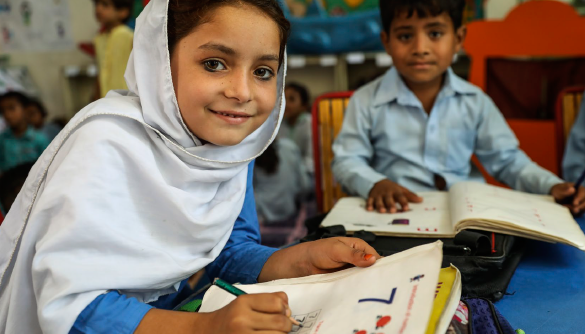
The End Violence Lab has embarked on a new study to identify “accelerators” of effective, rapid violence reduction. Through regional systemic reviews of INSPIRE interventions in Africa, Asia and the Americas, the study will map the landscape on violence against children and the efficacy of INSPIRE approaches, producing results that will support governments as they develop national planning processes to support interventions to end violence against children.
From its launch in February to its culmination in July, the study will tackle key research questions like:
- Are there strategies that predict reductions across multiple forms of child violence?
- Can we combine effective provisions to make lean packages of “best buys” for governments?
Data translation is a challenge for the field of violence prevention where research interventions tend to have complex outcomes. The innovation within this project is the development of an approach that directly engages early career scholars from around the world and pairs these scholars with youth advisors from the region. This method allows findings and analysis to be interpreted through the lens of young people.
The results will support governments in their national planning processes to enable them to invest limited resources in the best set of interventions in time to meet the SDGs 2030. The outcomes will be fed into national action plans in all six countries and within their regions to end violence against children.
“The goal of this study is to ensure that national teams deliver results to create impressive policy impact and momentum,” said Dr Catherine Maternowska, Co-Director of the End Violence Lab. “The project will also aim to enhance the systematic review process by establishing its Young People’s Advisors approach, designed to generate youth outputs that can be highlighted and disseminated on various global, academic and national knowledge platforms.”
Engaging young people in research enables them to fully exercise their right to be heard. In addition, any policy outputs resulting from the primary project will be strengthened by the inclusion of youth perspectives as primary end-users.